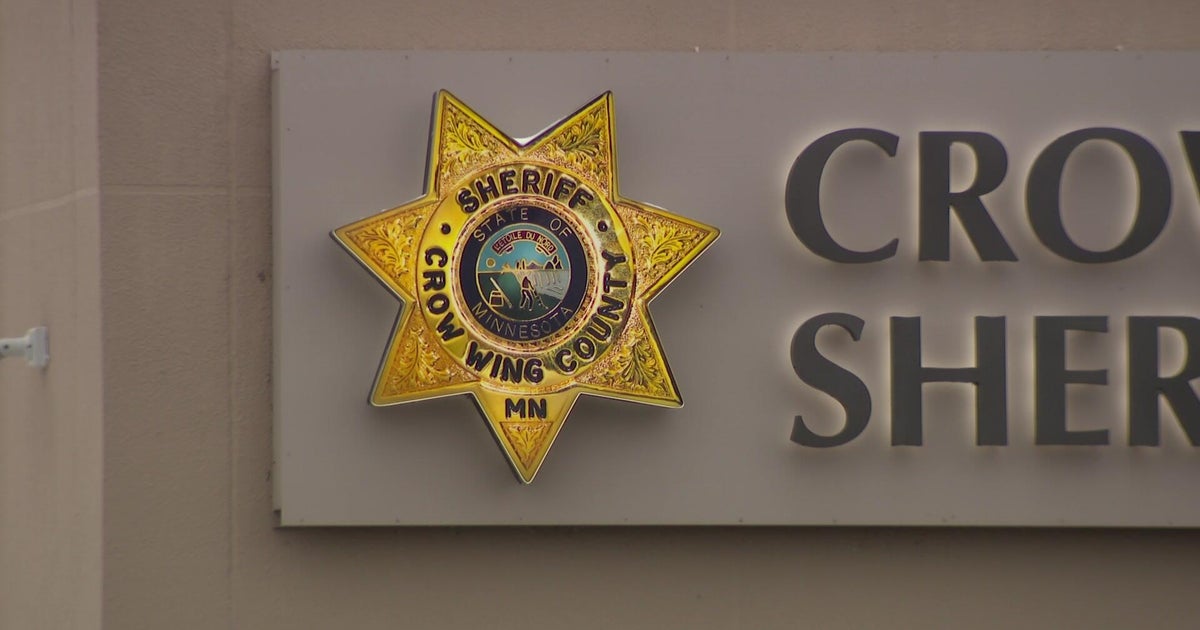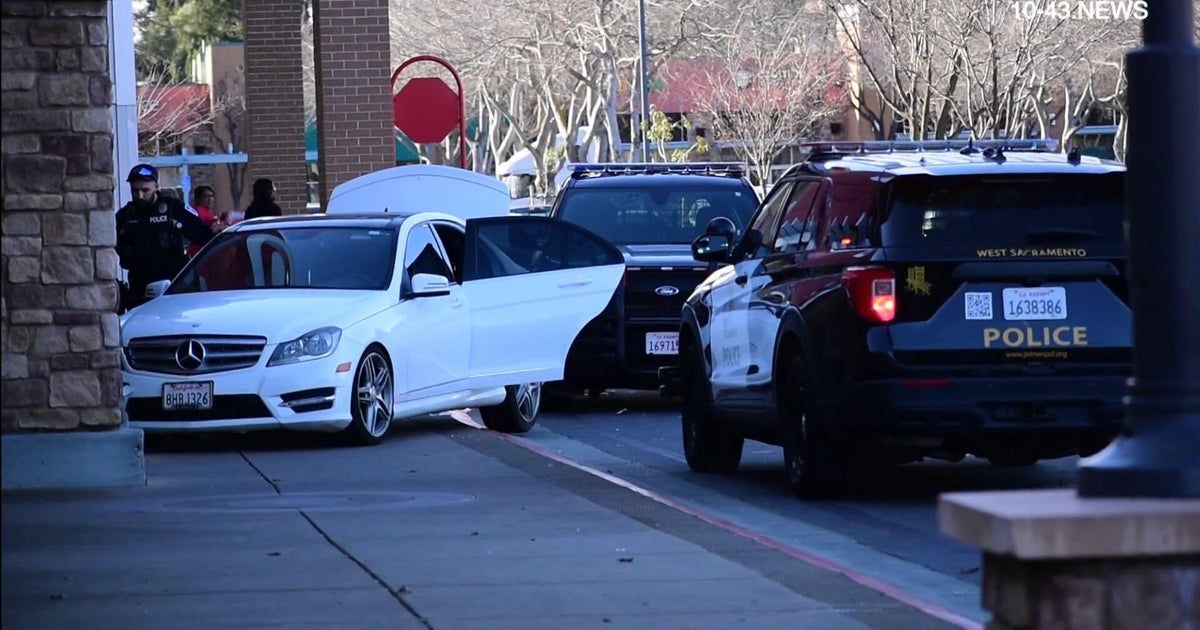Where's California's recidivism data?
For years the California Department of Corrections and Rehabilitation (CDCR) has released annual recidivism reports that detail how often inmates re-offend after they are released. But the reports stop at inmates released in 2016. That was the year voters passed Prop 57, which, among other things, gave CDCR broad authority to release inmates early with a variety of enhanced credits.
Since then, tens of thousands of inmates have been released after serving a fraction of their sentence under Prop 57. CDCR refuses to disclose the credit calculations that lead to those early releases, citing inmate privacy, and the agency has not disclosed how often those inmates are arrested for new crimes after release.
The agency said updated recidivism reports would be released in February. They weren't.
UPDATE -- Getting Answers: What's Missing From California's Inmate Recidivism Report?
Two Ways Out
There are two ways out of prison early under Prop 57.
The vast majority of inmates are released early as a result of Enhanced Credit-Earning Opportunities that CDCR developed following Prop 57. Most inmates now automatically receive at least 50% "credit towards their advanced release date." Notably, even though this cuts most sentences in half, CDCR does not consider these "early releases" and the agency is not obligated to notify the DA or the public that an inmate has been released.
Inmates may also be released early under the Nonviolent Offender Parole Review Process (NVPP), which was expanded to include violent and sex offenders. DAs and victims are notified ahead of a parole review and are afforded the opportunity to provide an opposition statement. They are also notified if someone is paroled anyway, and several DA's offices have started tracking recidivism related to these early paroles under Prop 57.
Release Data
For context, CDCR data reviewed by CBS13 indicates that roughly 5000 non-violent and violent offenders were paroled early under Prop 57 since 2017.
Remember, these NVPP paroles are the only releases that the DAs can track.
According to NVPP data provided by their respective offices, the Yolo County DA cites a re-arrest rate of about 44% and the Sacramento County DA's office cited data in 2022 that indicated a 36.5% re-arrest rate.
However, inmates paroled under NVPP represent a small fraction of all of the inmates released early under Prop 57 policies, so those numbers are not likely representative of the true recidivism rate.
By comparison, more than 15,000 inmates were released early with "enhanced credits" last year alone. In most cases, the DAs wouldn't know they were released so they couldn't track recidivism unless someone was re-arrested in their county.
Data indicates that those Prop 57 enhanced credits are responsible for the vast majority of, what most would consider, early releases under Prop 57. CDCR is currently the only entity with the state-wide data to track recidivism for inmates released with "enhanced credits" — but the agency hasn't released the data.
"Enhanced-Credit Advance Releases"
DAs, and in some cases victims, are not notified when an inmate is released early with Prop 57 "enhanced credits".
For example, the Sacramento DA was not aware that Smiley Martin had served less than half of his sentence for domestic violence until Martin was arrested as a prime suspect in the Sacramento mass shooting.
ALSO WATCH: Investigating Prop. 57 credits: How was the Sacramento mass shooting suspect out of prison early?
He was previously denied parole due to his risk of violence and criminal activity, minimal program participation, and alleged criminal activity while in prison. However, Martin was released early anyway months later with good conduct and programming credits. The DA didn't know he'd been released until he was identified as a suspect in the Sacramento mass shooting. CDCR refused to reveal the credit calculation that led to his early release.
CDCR contends, under Prop 57, inmates like Martin have completed their "full term as defined by law" after serving a fraction of the sentence handed down by the judge. The agency says it does not classify those enhanced-credit releases as "early releases" so they are not obligated to notify anyone.
CDCR Delays
Following a series of recent high-profile violent crimes committed by felons who would have otherwise been behind bars were it not for Prop 57 policies, we asked CDCR for updated recidivism data related to Prop 57.
The agency told us the last two sets of annual reports were delayed due to COVID, but that they would be released during the week of February 20th. They weren't. When we reached out that week to ask about the missing reports, CDCR stopped responding to our emails and inquiries.
CDCR's recidivism reports track inmates for three years after release, so the anticipated reports will provide recidivism data for inmates released through the 2017-18 fiscal year, providing at least one year of recidivism data post-Prop 57.
More recently, CDCR expanded Prop 57 policies to include violent offenders and sex offenders in addition to non-violent offenders. CDCR also increased the number of automatic standard credits given to everyone, regardless of participation in rehabilitation and education programs. Those changes will not be reflected in CDCR's data for several years.
CDCR denied our initial requests for recidivism data related to Prop 57. We are appealing.
CBS13 has requested additional recidivism-related data from DAs' offices across the state and we expect to receive and analyze that data in the coming months.
ALSO WATCH: Could new legislation force CDCR to disclose "secret" prison release credits?
UPDATE:
After first stating that the 2016-17 and 2017-18 recidivism reports would be released in February 2023, CDCR provided the following response on March 2, 2023: "The 2016-2017, 2017-2018 Recidivism Reports will be available within the next couple of weeks."
CDCR released the 2016-17 and 2017-18 reports in mid-April 2023. The agency did not respond to repeated questions about the delay.
In response to subsequent reporting, CDCR provided the following statement: "CDCR is committed to providing all Californians with accurate recidivism data that is complete and has been thoroughly vetted and analyzed. Our 2017-18 report was published in a timely manner, following the national standard of reporting arrests, convictions and returns to prison on a three-year cycle."








